Tea is almost always less caffeinated than coffee, but the amount of caffeine in a cup of tea is highly variable. This is true even among classes of the same type (or "color") of tea: among green teas, black teas, or even white teas, you can find examples that are high in caffeine and those that are low.
In addition to caffeine, the other chemical components of tea, including theanine, vary too. Theanine in particular affects the mind's response to caffeine, allowing smaller amounts of caffeine to provide a greater boost to alertness.


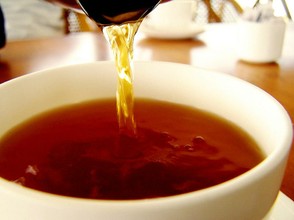




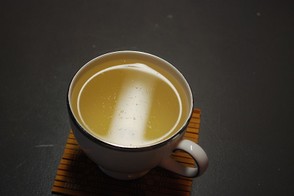





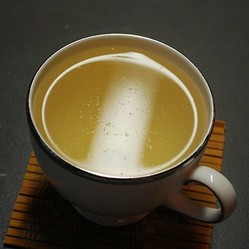

 The Shaming of Femininity and Elevation of Masculinityon 07/13/2017
The Shaming of Femininity and Elevation of Masculinityon 07/13/2017
 What is Genderqueer or Non-Binary Gender?on 10/16/2015
What is Genderqueer or Non-Binary Gender?on 10/16/2015
 Resources for Learning Spanish Free Onlineon 04/13/2016
Resources for Learning Spanish Free Onlineon 04/13/2016
 Ways Native Plants Can Help Control Invasive Plantson 05/26/2016
Ways Native Plants Can Help Control Invasive Plantson 05/26/2016

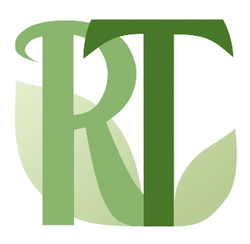
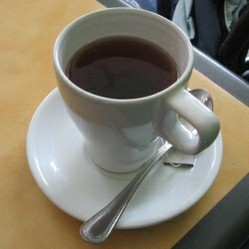
Comments
Thank you! It's definitely good to be aware of the caffeine level of teas, if you have blood pressure issues, as caffeine is one factor influencing blood pressure.
Great article. Much needed by those of us with blood pressure issues.
I prefer black tears to green teas, and love Darjeeling - it's light enough to drink without adding milk.
Yeah! There is a lot of misinformation circulating on the web. When I first started seeing it, I became curious because I saw a lot of websites (including reputable ones like a USDA site) making claims about black tea being high in caffeine, green tea lower, and white tea even lower, but I didn't see a single study cited. It also didn't fit with my experience of drinking many teas--some black teas seemed more caffeinated than others, and the same for green or white teas.
I finally did some research on my own and when I found an actual study, I was rather shocked--and found that basically all of the mainstream information out there is wrong, and that companies and websites had just been passing on misinformation. The actual question of how much caffeine is in a particular tea is really complex and I think it's best to just go by the individual tea itself. There are still a lot of people out there who think white tea is really low in caffeine--and last time I checked Teavana was still saying that on their site. It upsets me a bit...I even emailed them about it but they never did anything about it.
I care a lot about truthfulness of information though. It may not be an issue for all people but some people have medical sensitivities to caffeine so it can be a health or safety issue too. So I'm cautious about what I claim! You can always find citations to the studies themselves on RateTea's article too.
I do enjoy my breakfast teas, and Darjeeling on occasion, yes it's milder. I did not know about those green and white teas having high caffeine content though.
That makes sense, if you're looking for more caffeine, because coffee can get much more caffeinated than any tea!
I love the strong black breakfast tea for an afternoon pick-me-up. No tea will ever replace my morning coffee.